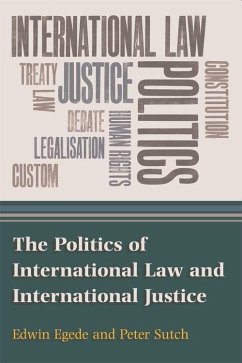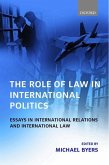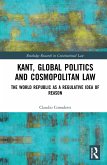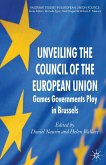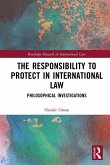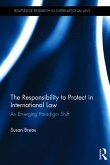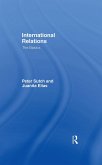'Egede and Sutch have written a rewarding and highly engaging book that traverses the contentious interdisciplinary debates regarding the legalization of world politics. Exploring a wide range of significant issues and shedding light on just how much international law, politics and justice have to offer each other, Egede and Sutch combine incisive powers of critical analysis with a wide vision of the transformations reshaping contemporary international affairs.' Patrick Hayden, Professor of Political Theory and International Relations, University of St Andrews Explores how the legalisation of international society has altered the practices of global politics The increasing importance of international law and legal institutions to global affairs is one of the most significant features of the post-war world. This book shows how politics and law are intimately connected on the international plane. Introducing the intricacies of international law and politics, the authors show that neglected questions of justice and ethics are essential to any understanding of the institutions of international society. They argue that questions of justice and injustice offer critical purchase on the creation, application and reform of the international legal order and take the reader through crucial debates that inform urgent and complex challenges from global governance to the use of force. Key Features - Offers a concise introduction to international law as it relates to politics and international relations - Covers key areas of international law (sources and normative authority; international persons; the United Nations; human rights; diplomacy; security; the use of force; the law of the sea) and explores key political and ethical debates that arise in practice - Written by a lawyer and a political theorist who work together to introduce the connection between law and global justice Edwin Egede, an international lawyer, is Senior Lecturer in International Law and International Relations at Cardiff University. He is author of Africa and the Deep Seabed Regime: Politics and International Law of the Common Heritage of Mankind (2011). Peter Sutch is Professor of Political and International Theory at Cardiff University. He is author of Ethics, Justice and International Relations (2001) and (with Peri Roberts) An Introduction to Political Thought: A Conceptual Toolkit (Edinburgh University Press, 2nd edition 2012). Cover design: [EUP logo] www.euppublishing.com

